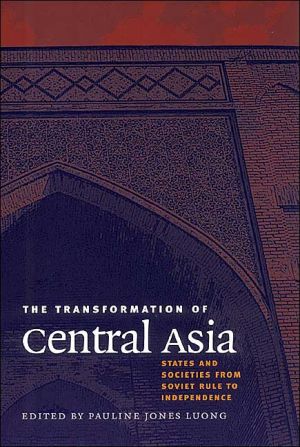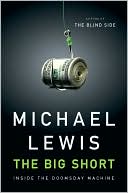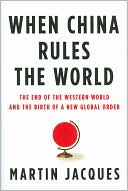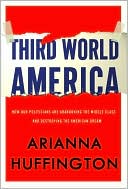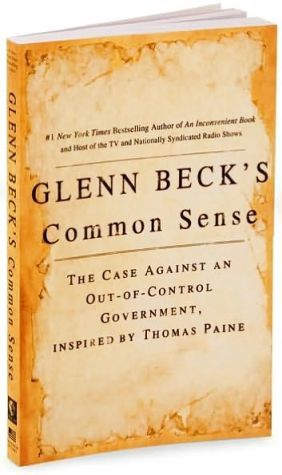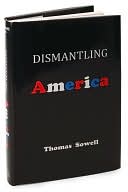The Transformation of Central Asia: States and Societies from Soviet Rule to Independence
With the fall of the Soviet Union in 1991, former Communist Party leaders in Central Asia were faced with the daunting task of building states where they previously had not existed - Kazakhstan, Kyrgyzstan, Tajikistan, Turkmenistan, and Uzbekistan. Their task was complicated by the institutional and ideological legacy of the Soviet system as well as by a more actively engaged international community. These nascent states inherited a set of institutions that included bloated bureaucracies,...
Search in google:
AcknowledgmentsList of AcronymsIntroductionPolitics in the Periphery: Competing Views of Central Asia States and Societies1Pt. 1The Retreat of the State: Women and the Social Sphere1Between Women and the State: Mahalla Committees and Social Welfare in Uzbekistan292Women, Marriage, and the Nation-State: The Rise of Nonconsensual Bride Kidnapping in Post-Soviet Kazakhstan59Pt. 2Linking State and Society: Culture and Language3Cultural Elites in Uzbekistan: Ideological Production and the State934A Shrinking Reach of the State? Language Policy and Implementation in Kazakhstan and Kyrgyzstan120Pt. 3The State Against Itself: Central-Regional Relations5The Limits of Centralization: Regional Challenges in Uzbekistan1596Economic "Decentralization" in Kazakhstan: Causes and Consequences182Pt. 4Redefining the State: Internal and External Forces7The Civic Realm in Kyrgyzstan: Soviet Economic Legacies and Activists' Expectations2138Beyond the State: Transnational Actors, NGOs, and Environmental Protection in Central Asia246Conclusion: Central Asia's Contribution to Theories of the State271List of Foreign Words283Bibliography287Contributors315Index317
\ From the Publisher"During the long period of communist control of Central Asia, this region was treated largely as a peripheral part of the Soviet Union. Consequently, despite its rich culture and historical achievements, the region received scant scholarly attention in the West. The downfall of the Soviet Union and the subsequent independence of the former Soviet republics elevated Central Asia from obscurity in the West, and the region has been catapulted . . . into the forefront of the 'war against terrorism.' . . . All chapters of this book are well informed and create a united whole. . . . Highly recommended. Upper-division undergraduates and above."-Choice 41:10, June 2004\ "Luong and her colleagues challenge basic assumptions said to have guided earlier studies of Central Asia: that the Soviet system only superficially penetrated traditional cultural norms and organizations, that Islam was a force waiting to be unleashed, and that the Central Asian republics were more colonies than an integral part of the Soviet Union. In a series of detailed essays examining the situation of women, the role of nongovernmental organizations, center-regional relations, and the place of culture and language, the contributors contend that the Soviet legacy looms large, regional divisions rather than clans or tribes define the political arena, leaders exploit rather than subscribe to pre-Soviet traditions, and Islam is tamed and localized."-Robert Levgold, Foreign Affairs, September/October 2004\ "In this superb collection of essays eight scholars bring new data and fresh insights to key questions of the relationship of state and society in post-Soviet Central Asia that require us to rethink conventional understandings of the region. Instead of a simple rejection of the Communist past and a return to traditionalism or Islam, the transformation has incorporated large doses of the Soviet experience. What look from afar like powerful centralized authoritarian states are on closer examination weak states in disaggregated societies. Rather than being opposed by the cultural elite, the 'non-transition' to democracy is explained in part by intellectuals' collaboration with the heirs of the ancien regime. The Transformation of Central Asia is based on extensive field work, deep local knowledge, and conceptual sophistication. It is a major contribution both to our knowledge of Central Asia and to the theoretical discussion of the state."-Ronald Suny, University of Chicago\ "The contributors to this volume compare state-building and state-society interactions in the five post-Soviet Central Asian states. In the process, they offer us some surprising and compelling insights about national, religious, gender, and regional identities in Central Asia; about political and economic relations between the center and the regions; and about the impact of the international system on the development of these states, societies, and economies. This story of a Soviet past that shapes politics, culture, and economics is a convincing one, because the scholars writing in this volume combine deep knowledge of the region with a commitment to comparative theory."-Valerie Bunce, Professor of Government and the Aaron J. Binenkorb Professor of International Studies, Cornell University\ "At a time when we are starved for information about these newly independent countries, The Transformation of Central Asia makes a welcome contribution with rich, thoughtful essays on diverse aspects of political and social life. The authors, all experts with extensive research experience in the region, share their insights into the many ways that Central Asian states, societies, and state-society relations have and have not changed since independence."-Philip G. Roeder, University of California, San Diego\ "Pauline Jones Luong teases out numerous important theoretical issues raised by the authors, juxtaposes them with the state of the art in the extant literature on Central Asia and comparative politics, and skillfully weaves the whole together. This is a pathbreaking collective effort in the emerging scholarship on Central Asia."-Douglas Blum, Providence College\ \ \
